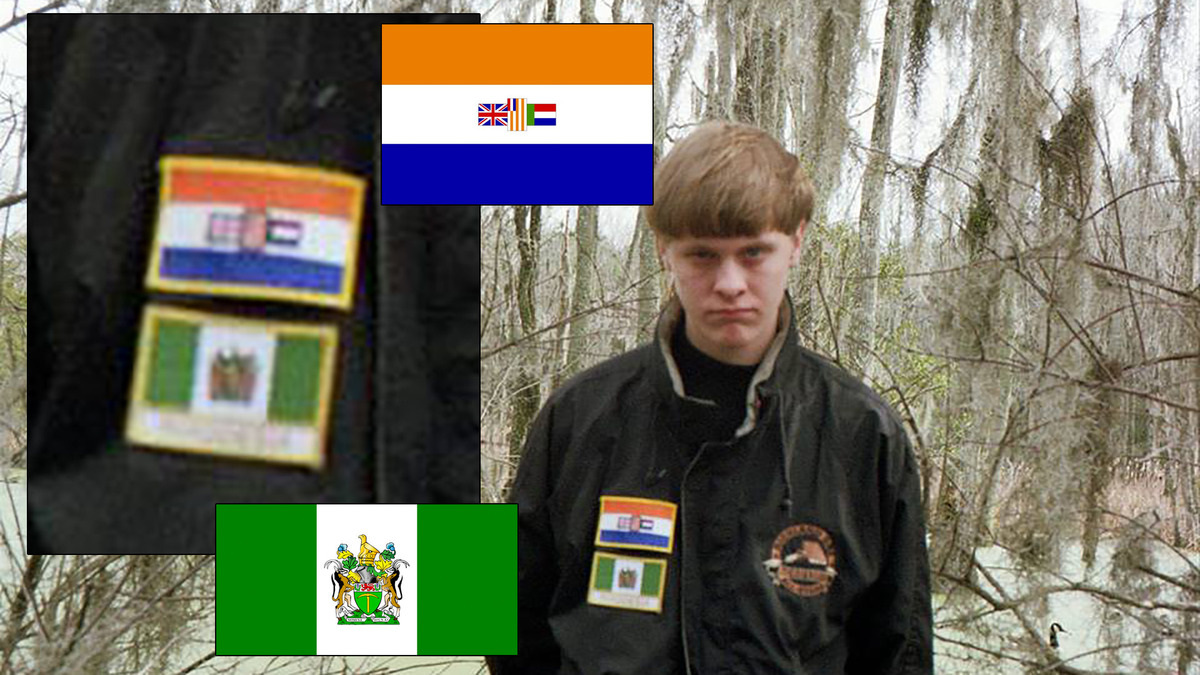
Henry Jacob
University of Cambridge
Pierre de Coubertin (1863-1937), a father of the modern Olympic Games, framed his philosophy of sport around elitist principles. The French baron considered aristocratic white males as the “only true Olympic hero[es].”[2] While ignoring the blatant racism and classism of his beliefs, de Coubertin insisted that athletics transcended social concerns. Ironically, he lamented that “politics is making its way into the heart of every issue,” though he maintained that the competition’s purity derived from its supposed apolitical nature.[3] Soon after the death of de Coubertin, South African poet Dennis Brutus (1924-2009) intuited the contradictions of the Frenchman’s Olympism. Discriminatory laws showed Brutus how governmental affairs plagued athletics in his homeland. Over his decades-long campaign to ban his country’s participation in the Olympics, Brutus struggled to win justice while disputing de Coubertin’s logic. In dismantling the Frenchman’s tenets, he pioneered a novel Olympism, one that pursued connection among humans rather than distinctions along racial lines.
This piece intersects with the historiographies of sports, civil rights, and apartheid in South Africa. To start, this essay draws upon the work of leading specialists on South Africa such as Saul Dubow. In particular, his Racial Segregation and the Origins of Apartheid in South Africa, 1919-1936 and Apartheid, 1948-1994 have informed this blog post. Dubow’s studies on the roots, and the persistence of Apartheid, throughout the twentieth century provide insights on the system against which Brutus struggled. In addition, this piece takes inspiration from critical interdisciplinary perspectives on the Olympics. Sidonie Smith, Kay Schaffer, Kevin Wamsley, and Kevin Young have dissected the dynamics of symbols, power, and politics in the modern games. Of course, this piece also seeks to engage with existing literature on Brutus himself. In recent years, academics have devoted more energies to evaluating the South African’s career and legacy. Edited volumes such as Critical Perspectives on Dennis Brutus as well as Poetry and Protest: a Dennis Brutus Reader attest to the richness of this subfield. Even more, Tyrone August released a monograph in 2020 that deals with Brutus’s early years in South Africa before his 1966 exile. On the whole, this piece seeks to complement these scholars who have provided such lucid surveys of South Africa, the Olympics, and how Brutus blended poetics and activism.
Continue reading “How One South African Poet Reformed the Olympics to Combat Apartheid”












You must be logged in to post a comment.